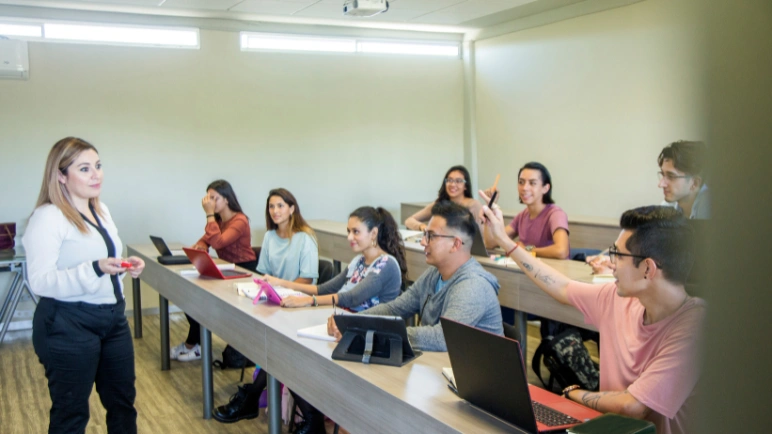
Counselling for School Students
School life is a critical phase in a child’s development. During these formative years, students face academic pressures, social challenges, and personal growth milestones. Counselling for school students plays an essential role in guiding them through these challenges, empowering them to succeed academically, socially, and emotionally.
What is Counselling for School Students?
Counselling for school students involves professional guidance to help them navigate various aspects of their academic and personal lives. It is designed to:
- Address emotional, behavioral, and social issues.
- Enhance academic performance and study skills.
- Guide students in setting realistic goals and making informed decisions about their future.
Why is Counselling Important for School Students?
Academic Support
Students often struggle with managing their coursework, preparing for exams, and maintaining focus. counsellors help them develop effective study habits, time management skills, and strategies for overcoming academic challenges.
Emotional Well-being
School students may face stress, anxiety, or low self-esteem due to academic expectations or social dynamics. Counselling provides a safe space to discuss their feelings and learn coping mechanisms.
Career Guidance
Early career Counselling helps students explore their interests and talents, laying the groundwork for future career decisions.
Conflict Resolution
From bullying to peer pressure, school students encounter various interpersonal conflicts. counsellors mediate these issues, teaching students healthy ways to handle conflicts.
Building Life Skills
Counselling sessions often include training in essential life skills such as communication, problem-solving, and decision-making.
Common Issues Faced by School Students
Stress and Anxiety
High expectations from parents and teachers can lead to stress and anxiety. counsellors teach relaxation techniques and ways to manage stress.
Bullying and Peer Pressure
Negative peer interactions can affect a student’s confidence and mental health. Counselling helps students stand up to bullying and make independent choices.
Learning Difficulties
Students with conditions like dyslexia or ADHD often need specialized support. counsellors work with teachers and parents to create effective learning plans.
Social Isolation
Introverted students or those with poor social skills may struggle to connect with peers. Counselling helps them build social confidence and friendships.
Behavioral Challenges
Issues like aggression or defiance are addressed through behavior modification techniques.
How Counselling Helps School Students
Personalized Attention
counsellors assess each student’s unique needs and provide tailored guidance.
Parental Involvement
Effective Counselling includes working with parents to create a supportive home environment.
Holistic Development
Beyond academics, Counselling focuses on emotional and social growth, ensuring well-rounded development.
Improved Communication
Students learn how to express themselves clearly and listen to others, fostering better relationships with peers and adults.
Increased Self-awareness
Counselling encourages self-reflection, helping students understand their strengths, weaknesses, and areas for improvement.
Tips for Parents and Schools
Encourage Open Communication
Create an environment where students feel comfortable discussing their problems.
Identify Warning Signs
Be alert to changes in behavior, such as withdrawal or declining grades, and seek Counselling support early.
Integrate Counselling Services in Schools
Schools should employ trained counsellors to provide accessible support for students.
Promote Positive Reinforcement
Praise students for their efforts and achievements to boost their confidence.
Educate About Counselling
Normalize Counselling as a helpful resource rather than a stigma.
Conclusion
Counselling for school students is an invaluable tool in fostering their academic success, emotional resilience, and social competence. By addressing challenges early and equipping students with essential skills, Counselling helps them build a strong foundation for future achievements. Schools, parents, and counsellors must work together to ensure that students receive the guidance they need to thrive.
If you're a parent or educator, consider the transformative benefits of Counselling and take the first step in supporting your student's journey today.
Resent Post
-

-
 04, Dec 2024
04, Dec 2024Counselling for School Students
-
.webp) 02, Dec 2024
02, Dec 2024Education Counseling for Study Abroad
